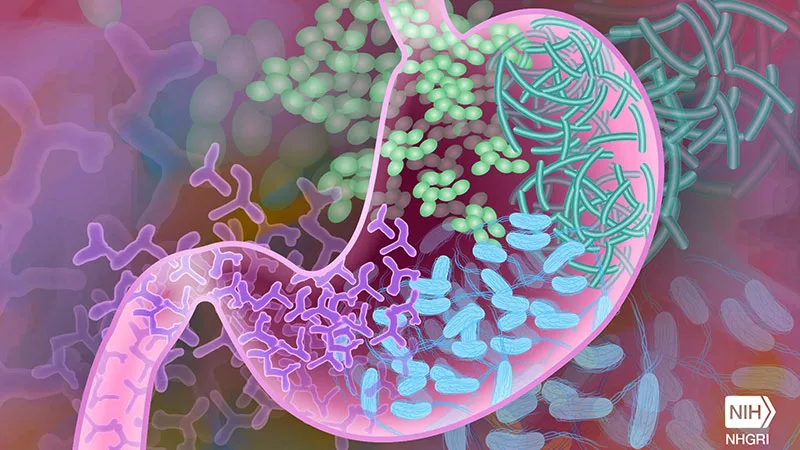The Gut-Sleep Connection: How Bacteria Might Be Affecting Your Sleep
New research is pointing towards a fascinating link between the bacteria in your gut and your sleep patterns. The study suggests that the relationship is bidirectional, meaning your gut bacteria can influence your sleep, and your sleep (or lack thereof) can influence your gut bacteria. While the findings are intriguing, some experts are debating whether the research definitively proves a causal relationship.
Understanding the Gut-Brain Axis
The gut and the brain are connected through what’s known as the gut-brain axis. This complex network allows for constant communication between the two, influencing everything from mood to digestion. Emerging research highlights the critical role of the gut microbiome – the trillions of bacteria, fungi, viruses, and other microorganisms that live in your digestive tract – in this communication.
How Gut Bacteria Might Impact Sleep
- Inflammation: An imbalance in gut bacteria (dysbiosis) can trigger inflammation, which can disrupt sleep cycles.
- Neurotransmitters: The gut produces neurotransmitters like serotonin and dopamine, which are essential for regulating sleep and mood. An unhealthy gut may lead to imbalances in these neurotransmitters.
- Hormone Regulation: The gut microbiome plays a role in hormone regulation, including melatonin, the sleep hormone.
The Insomnia-Gut Bacteria Cycle
The research proposes a potentially vicious cycle. Insomnia can disrupt the balance of gut bacteria, leading to further sleep problems. This cycle can be difficult to break, but understanding the connection is the first step.
Challenging the Causal Link
While the research suggests a link, some are questioning whether it’s truly causal. They argue that other factors, such as diet, stress, and lifestyle, could be contributing to both insomnia and gut dysbiosis. More research is needed to fully understand the complexities of this relationship.
Supporting a Healthy Gut for Better Sleep
Even without definitive proof of causality, there are steps you can take to support a healthy gut and potentially improve your sleep:
- Eat a diverse diet: Include plenty of fruits, vegetables, and whole grains to feed your gut bacteria.
- Consider probiotics: Probiotic supplements or fermented foods like yogurt and kefir can help introduce beneficial bacteria to your gut.
- Manage stress: Chronic stress can negatively impact your gut microbiome. Practice relaxation techniques like yoga or meditation.
- Prioritize sleep: Aim for 7-8 hours of quality sleep per night to support overall health, including gut health.
Final Words
The connection between gut bacteria and insomnia is a fascinating area of ongoing research. While more studies are needed to confirm the causal relationship, supporting a healthy gut through diet and lifestyle changes may be beneficial for overall health and potentially improve your sleep quality.




+ There are no comments
Add yours